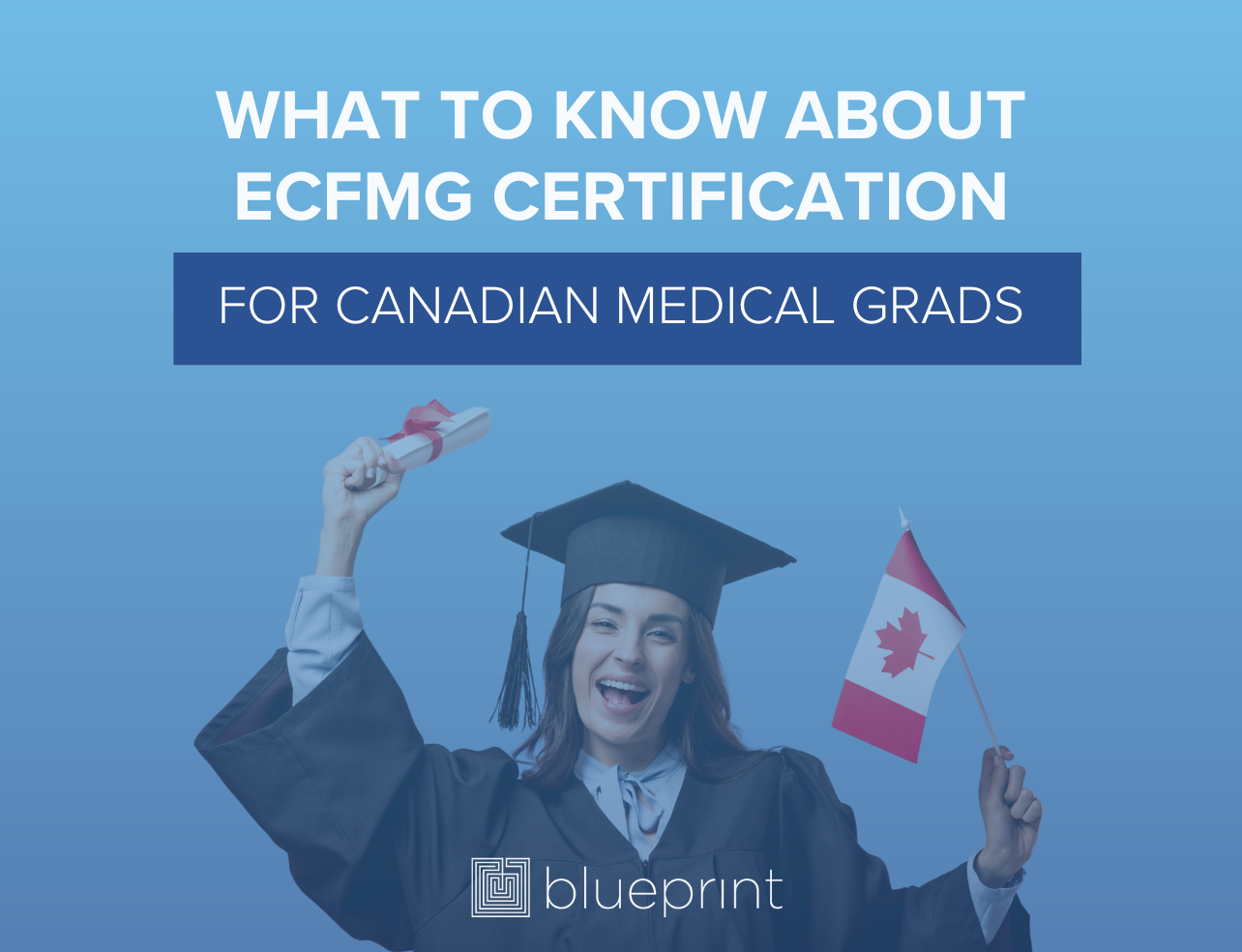No one will argue that NBME self-assessment examinations are a crucial component of preparing for the USMLE exams. These assessments allow students to simulate test-taking conditions using the same interface that they will encounter on test day with the same style of questions. Therefore, these practice tests offer a great benchmark for how students are progressing by providing them a current step 1 score prediction. Most students expect to have a linear progression in their practice test scores throughout their study period, with the final practice test being their highest score ever. In reality, does not always happen. In fact, sometimes the final NBME score can drop leading up to test day. Read on to learn why this is and what you can do about it!
Why can NBME scores drop before test day?
With the majority of students I have tutored, their actual Step 1 score is closest to the average of their NBME practice test scores. This is contrary to what most people believe. Many students think that their scores will steadily increase from week to week, with their highest score achieved during the last practice leading up to Step 1. Sometimes this does happen. Other times students’ scores fluctuate. And sometimes, the last score dips below that of prior NBMEs. There are a variety of reasons that this can happen. It is possible that that was a more difficult practice test or was simply a harder test for you. It is also likely that you are starting to feel tired and burned out from the previous weeks of studying. You may be more likely to make silly mistakes or lose focus during the exam. With the real Step 1 exam closer than ever, you might be feeling very anxious, which is why I strongly advise all students to take their final practice test no later than 7 days prior to their Step 1 exam. All of these reasons can cause NBME practice test scores to drop before test day.
What to do if your NBME score drops!
First and foremost, don’t panic! Realize that we never look at one test as a prediction of success or failure on Step 1. Rather, we should compare our performance across multiple exams to judge our potential performance on Step 1. If you have been doing well on most practice tests, there is no reason to think that you will not do well on the real exam. Remind yourself that many of the factors mentioned above can affect your performance on your final practice test, making it possible that the score isn’t an actual prediction of your Step 1 potential. However, also be honest with yourself. Have your scores been consistently below your goal score? Have you failed to complete the UWorld qbank at least once? Do you have recurring test-taking anxiety? If any of these answers are yes, it will be especially important to reach out to a trusted mentor or tutor and perhaps even consider pushing your exam. However, once low score amongst a series of good scores is never a reason to reschedule the Step 1 exam.
Preparing for Step 1 is stressful. One of the more challenging parts of preparation is taking and interpreting NBME practice tests. Remember that these tests are assessment tools intended to give you a bench mark of progress and a score prediction, but they are not the real test nor necessarily an indication of what you are capable of.
Are you looking for more NBME tips? Have a look at our NBME Best Practices for USMLE Step 1.





